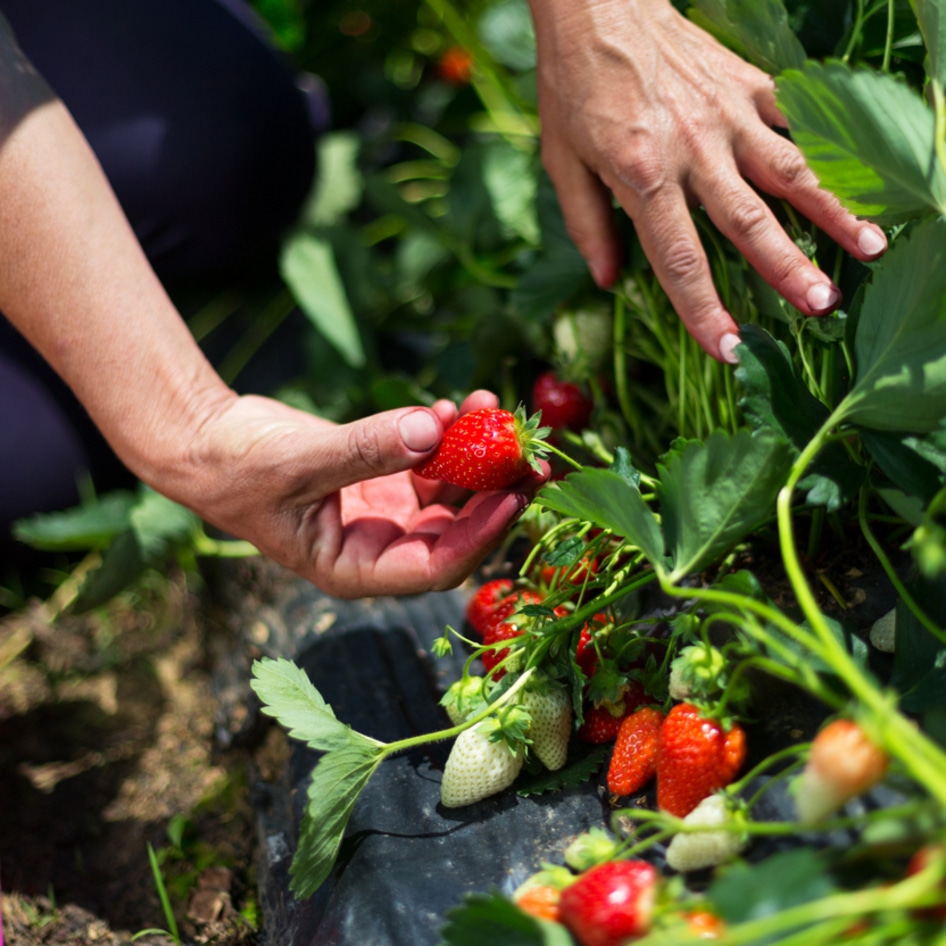Oil Field Wastewater Used to Grow Crops
Southern California farms dealing with drought by irrigating fields with wastewater from oil wells and fracking.
August 12, 2016
To circumvent the water shortages caused by California’s drought, some farmers are using wastewater from oil companies to grow their fruits and vegetables. This practice is legal under the state’s water recycling program, but the use of oil wastewater has skyrocketed since the drought began. For example, the amount of oil wastewater used by farms in the Cawelo Water District increased 15 percent between 2011 and 2014 (from 35 percent to 50 percent), and California’s biggest oil company, California Resources Corp., plans to quadruple the amount of wastewater it sells to farms. A state-commissioned report by the California Council on Science and Technology raises safety concerns regarding the practice, noting that, “If produced water used in irrigation contains well stimulation and other chemicals, this would provide a possible exposure pathway for farmworkers and animals and could lead to exposure through the food.” Produce that might be irrigated with oil field wastewater includes Halos mandarins (formerly Cuties), Bee Sweet oranges, and grapes used to make Sutter Home wine.
JUMP TO ... Latest News | Recipes | Guides | Health | Shop
Photo courtesy of Farming First







